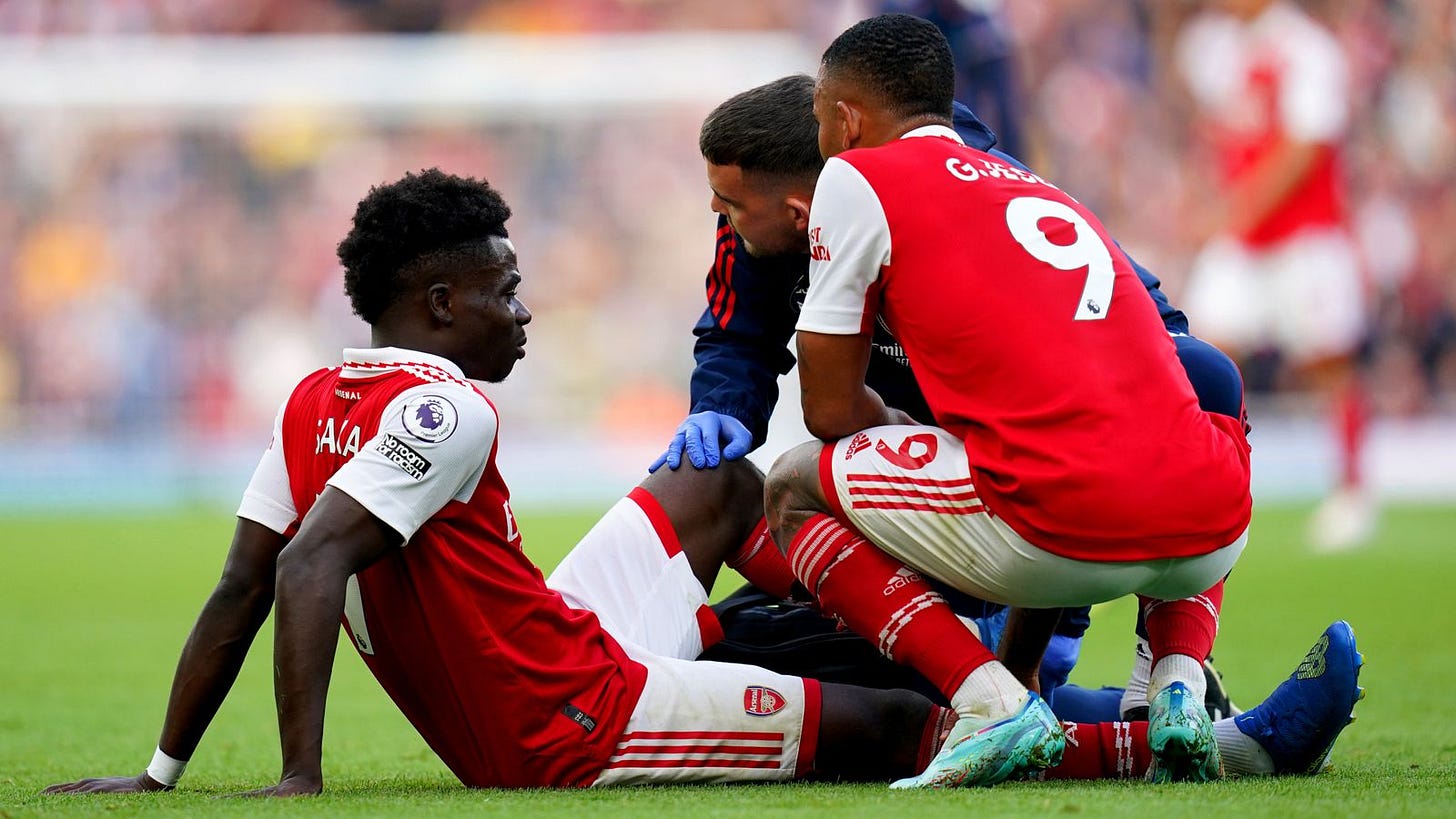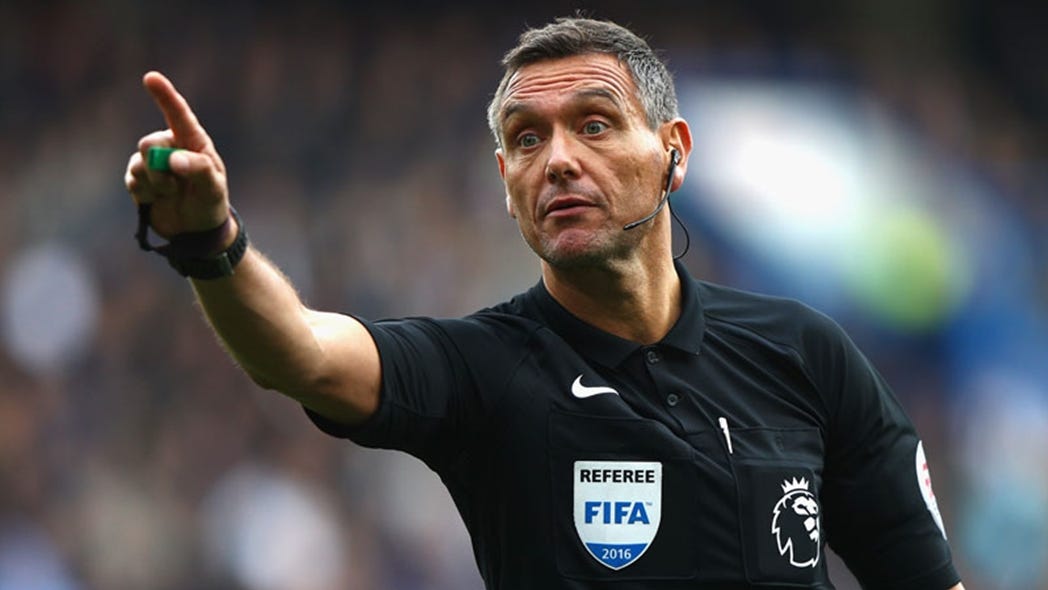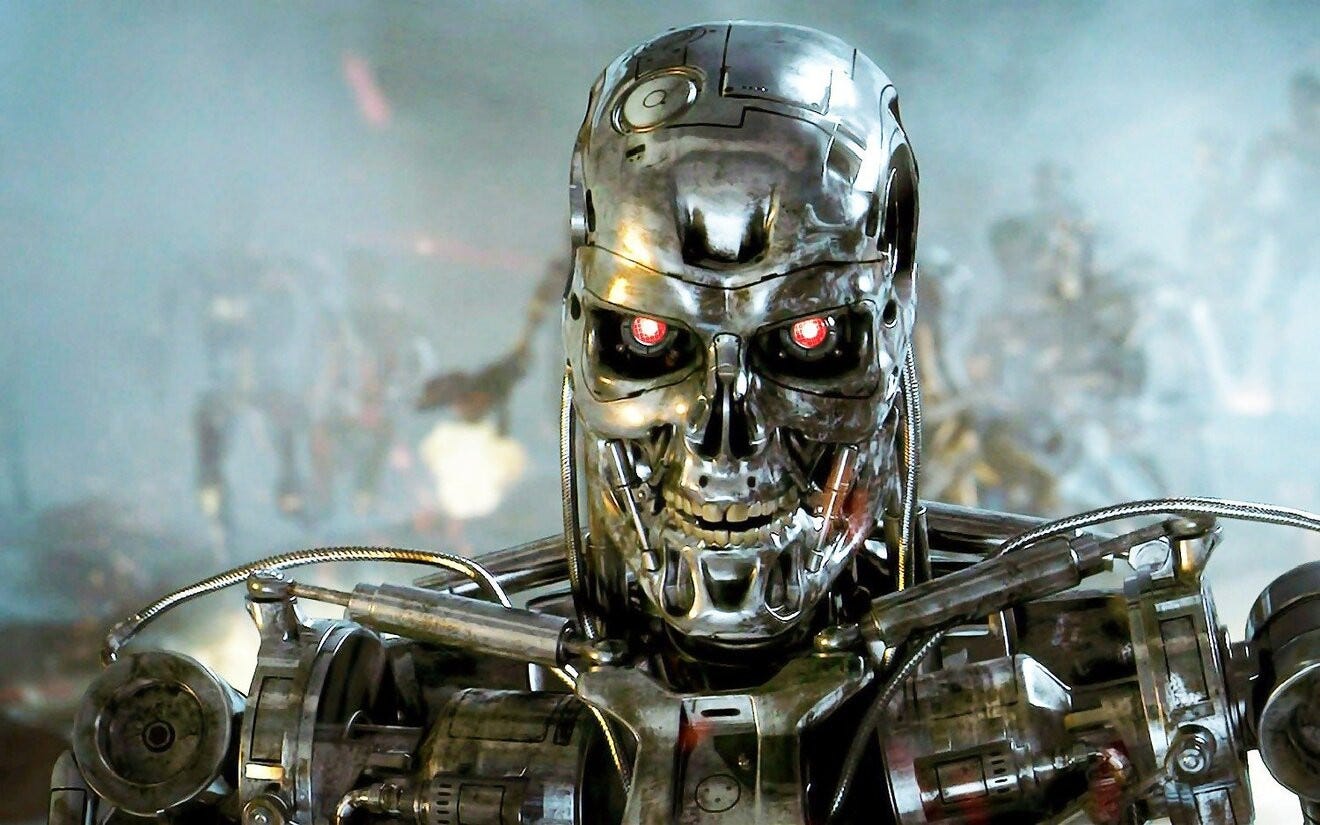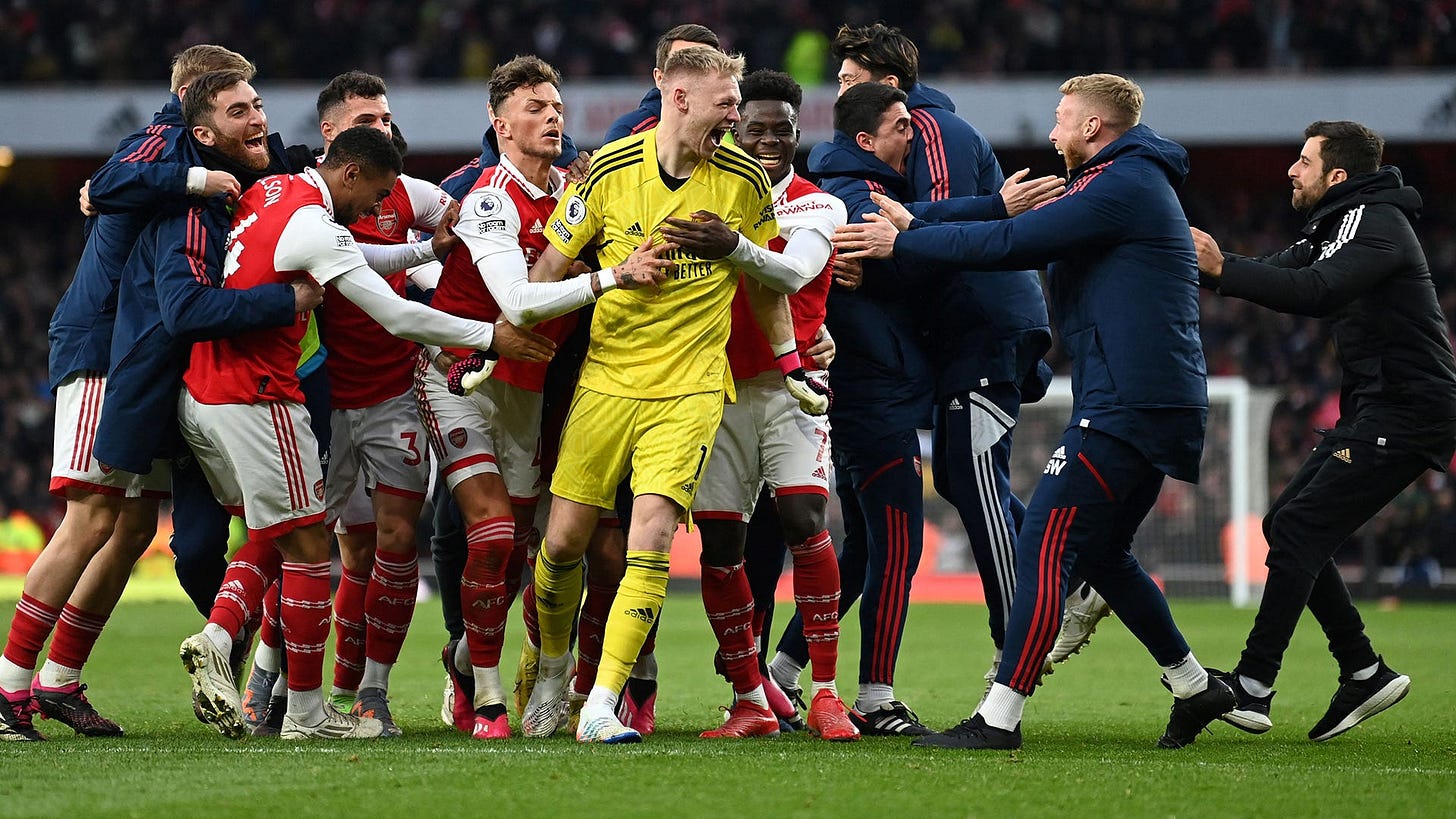What. A. Game. This season is delivering a storm of never forgotten moments. It’s raining memories. I’m drenched. The future is pouring out of the now and for the first time in forever its looking brighter than the past. Reiss Nelson has been on a journey, ever since his first kick at the Academy he’s been travelling along, eventually standing on the left of the box, 97 minutes into an extraordinary game, wait for a randomly headed ball to drop from the heavens and BOOM immortalise himself with his left foot.
A football hits a net and the Universe turns out to be in the fair ground business. Didn’t see that coming did ya? Roll up, roll up, plenty more surprises where that came from. What. A. Game!
It’s been a while since I felt that sharp agony of a purposely inflicted pain. Although, a few weeks back, as I bent down to secure his lead, the dog (innocently) leapt onto a log and cracked me across the nose with his (unbelievably hard) skull. The universe shrank to occupy a few nerve endings and time and thought were extinguished. It took a while for the metallic flavour of the blood seeping down my throat to cease and much longer for the throbbing to calm down. It was ridiculously painful. Some days before I caught my shins on a pedal and last week I twisted my ankle on an unseen hollow that plunged the knee of my other leg smack onto the solid ice. It still aches.
If daily life had its own referee I’d have immediately been doing the rolling fingers to have myself subbed off. Yep, that’s it. Enough. But, strangely, my sympathy for footballers who get clattered, kicked and elbowed numerous times during a 90 minute game can be surprisingly low. Get up you diving %#&. What is this, the #&%ng Oscars? Sound familiar? Of course it does.
So it’s good thing that fans are not in charge of referring and interpreting the rules because we’d have trouble approaching the task with the fair and unbiased application required. Thats why we have the Professional Game Match Officials Board (PGMOL) who are, in their own words, tasked to improve refereeing standards.
So what are the basics we can expect from our boys in black (or fluorescent lime or whatever)? I mean all they’ve got to do is enforce the rules of the game. Simple right? Yep. But nope.
The FA’s contrived word-smithery would offer hope to even the most useless of lawyers. According to the FA we can only expect decisions to be made “to the best of the referee's ability according to the Laws of the Game and the 'spirit of the game’” Ok. So basically the rules (and consequent punishments) are fluttering in the wind of interpretation, blowing one way, or blowing another depending on the referee’s mood and an enigmatic spirit of the game. Which means that considering the ref’s ability is always constrained and the intangible spirit of the game is highly interpretable, the application of the rules is murky to say the least. No wonder someone thought VAR was a good idea. Someone needed to draw the line (Oh the irony).
OK, so let’s look at just how murky it is. Some rules are easier. The back pass rule. There’s not much wriggle room unless you’re incompetent, which is not the same as rules being open to interpretation, it’s just being bad at your job, which happens.
Or the offside rule. More complexity now, more adjusting for timing of runs and balls being kicked, but still, a doable rule with some basic geometrically based judgements. Objective measurements really. You’d think it’d be easy. Mmmmm.
Then we’ve got rules like fouls and misconduct which are a minefield where referees have to make fast decisions based on all kinds of incomplete and unsighted data while swarms of players beseech them to rule one interpretation or another. Plus, whether fair or not, there’s the tendency for a player’s reputation to precede them. Fouls and misconduct are where the ambiguous and enigmatic spirit of the game begins to haunt the pitch. And it’s where certain players are afforded enormous protection and others are left to the wolves.
It’s common at this point to (legitimately) insert the Diaby-Eduardo-Ramsey Left-To-The-Wolves Narrative, where we offer ourselves credit for the subtle artistry of our game and point out how those players have had their careers stomped out by lesser skilled players (and managers). So we need protection for our treasures like Bukayo Saka, where hunting season has opened on his ankles and every team seems packed with licensed sportsmen. We need to talk up such a storm that the PGMOL are shamed into improve refereeing standards and begin to divine what the spirit of the game actually means.
But here’s the thing. Football is embedded into society. There’s no Planet Football orbiting the Earth, subject to its own moral code. What we consider to be within the boundaries of the spirit of the game depends on the boundaries of the spirit of our times. What’s normal is always morphing and changing and so it should be. Everything in life evolves or it dies. Even cultural norms. We always have trouble with problems of this nature. We are excellent at picking out individuals but systemic problems, we have much more trouble even recognising them.

At the moment the PGMOL is highly limited organisation. The refs all seem to hail from one county, maybe the same village. And because they are limited, it just doesn’t occur to them that they should be looking to widen their range of perceptions and judgements. They’re not evolving within a changing landscape. The PGMOL’s idea of progress is taking the latest laptop and popping it under the wonky leg of their writing table to keep the ink for their quill from spilling.
What we need is a diverse and varied PGMOL. We need more viewpoints from a wider range of experiences to create a more robust and healthy decision making environment, so referees can actually improve and better interpret the rules and spirit of the game. We need to privilege complexity over simplicity and variety over uniformity or we risk breaking life’s golden rule - keep evolving or die.
Here’s what I mean. You remember those images of Terry Butcher and Paul Gascoigne? They’re so iconic (especially in the minds of England fans). In one, there's Terry, so covered in blood he looks like he’s wearing an England away kit, and there's Gazza with his arm around Terry's shoulders, brotherly, supportive, like two soldiers leaving the battlefield. Real men. Gave their all. Fought to the last.
Well, Okay, that’s one interpretation, filtered through one spirit of our times lens.
But here’s another. In the image there's one man with a possible concussion and a dangerous amount of blood loss being comforted by another man, who is himself in the throws of mental illness and addiction, neither of which are receiving the support and attention they need. Not in the short term and not in the long term.
And why? Because those players were immersed in a wider culture where displays of passion and commitment were praised, applauded and encouraged. Blood meant passion. Violence meant commitment. And that mentality, that way of interpreting the spirit of the game is still lumbering along with us today. Ok, yes, we have better concussion rules, we are more aware of mental health issues and we have better rules about blood contamination, but you'll still hear that encouragement for players to imagine their real job is to find and eliminate Sarah Conner.
What was it Steven "Terminator" Gerrard said about his pride that he's 70% alloy:
"I'm sitting here now with screws in my hips, I've had about 16 operations, I'm struggling to go to the gym at the moment. That's all on the back of earning a living in English football. He'll learn and he'll learn quick.”
And there you have it. Yes, refs need to protect players but they are also subject to a culture that STILL tilts toward the cherishing and celebrating the lumbering fighter over the nimble thinker, as if, in a "mans game" there's no room for anything but blood soaked shirts and lonely desperation. So we need the PGMOL to change. And we need the wider culture, in which the PGMOL is embedded, to move on, learn quick and evolve.
And I understand that change is unnerving in a rapidly reshaping world. The familiar, the normal, the touchstones of identity all fast receding over a distant horizon. Some people are holding on for dear life, gripping on to the familiar and hollering loud at signs of change around them. I get it. Not only has the pace of change accelerated beyond comprehension but the pace of obsolescence too. Asking people to consider moving to a new mindset is threatening these days and like so many others, the PGMOL is digging in its heels.
Right now, poor Saka is being kicked off the field in the present day by a set of values emanating from a less generous idea about what football could be. His ankles are being booted from a bygone era. It’s time for a footballing culture that includes a rethought and vastly more inclusive PGMOL to encourage expressions of skill and beauty and dexterity and intelligence without the ridiculous expectation that a "real man" has the right to kick the shit out of you for being a fancy dan.
We need organisations like the PGMOL to be representative of our current historical period with all its ever-evolving variety, diversity and norms. What we don’t need is for them to hold fast and privilege some narrow vision of what was acceptable decades ago at the expense of the game and Saka’s ankles.
So there you go. This all seems so distant after the Fair Ground Universe has provided us with an Astronomical Comeback, so hold on to that feeling dear reader, it’s a gift of a season, enjoy the ride. I’ll be back next week but in the meantime enjoy the below photo of Leonardo Da Vinici’s masterpiece, The Great Comeback and don’t forget to subscribe and share the joy of Arsenal Wonderland.









Great article Jonathan. Couldn’t agree more with your thoughts about properLy protecting our footballers both physically and mentally.